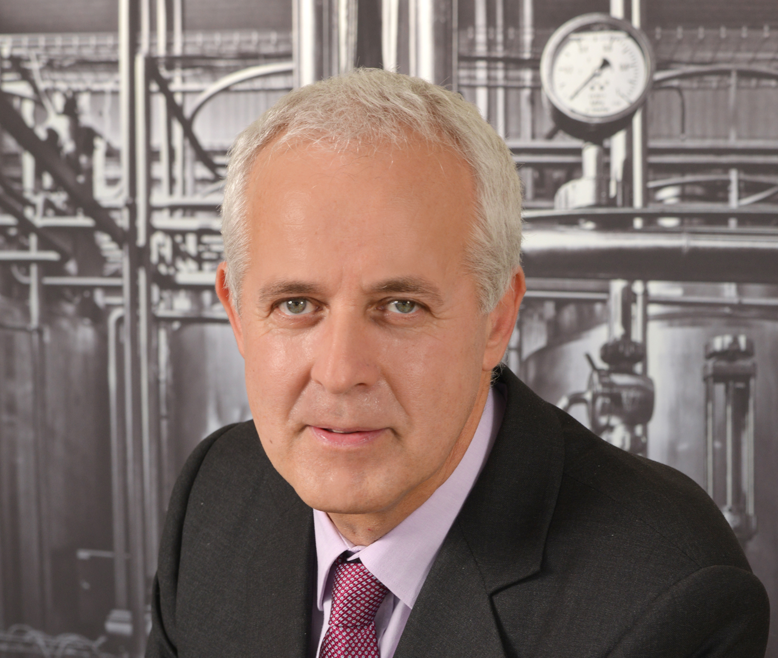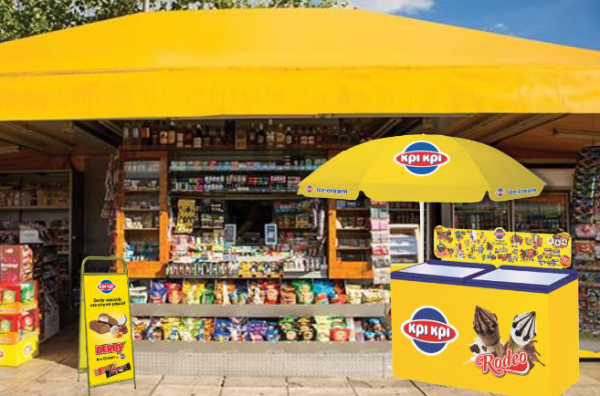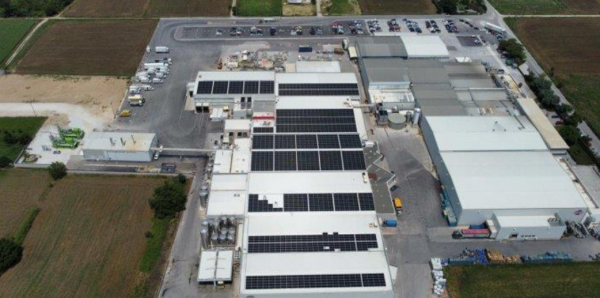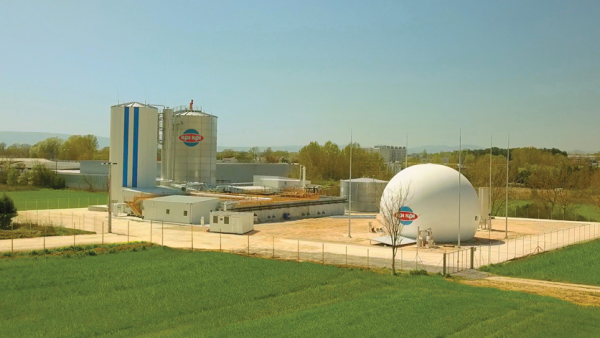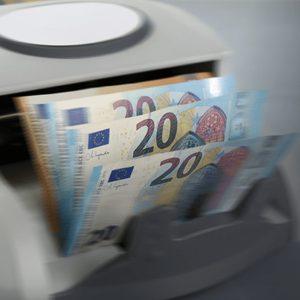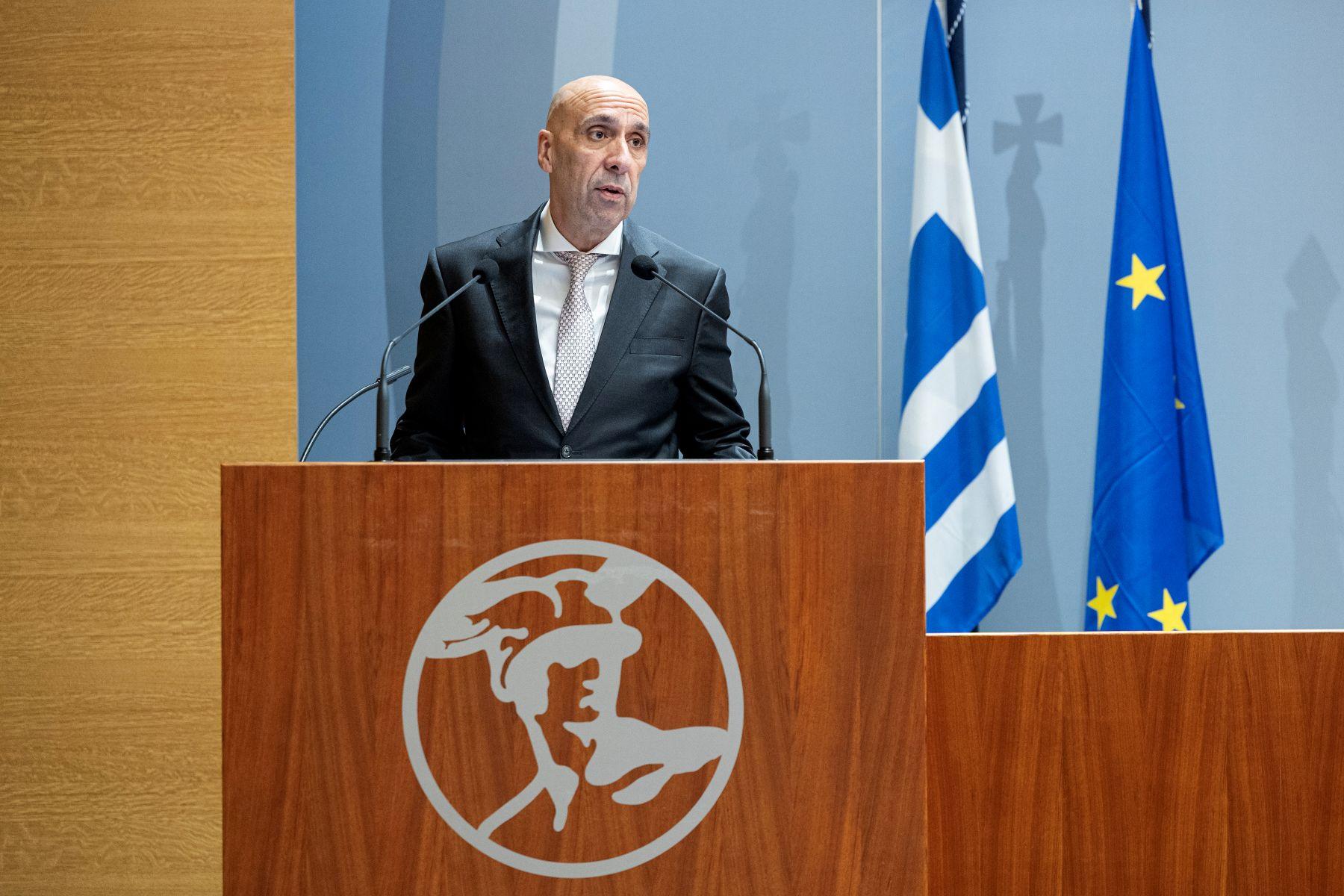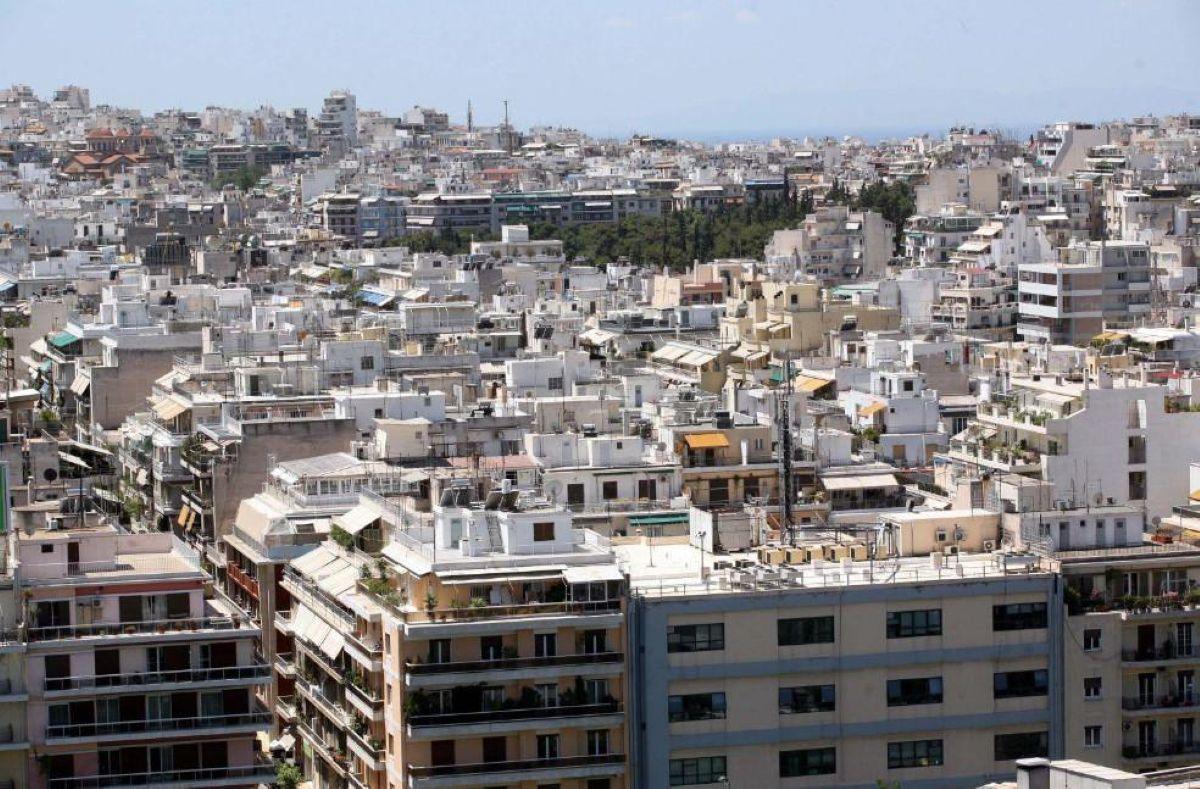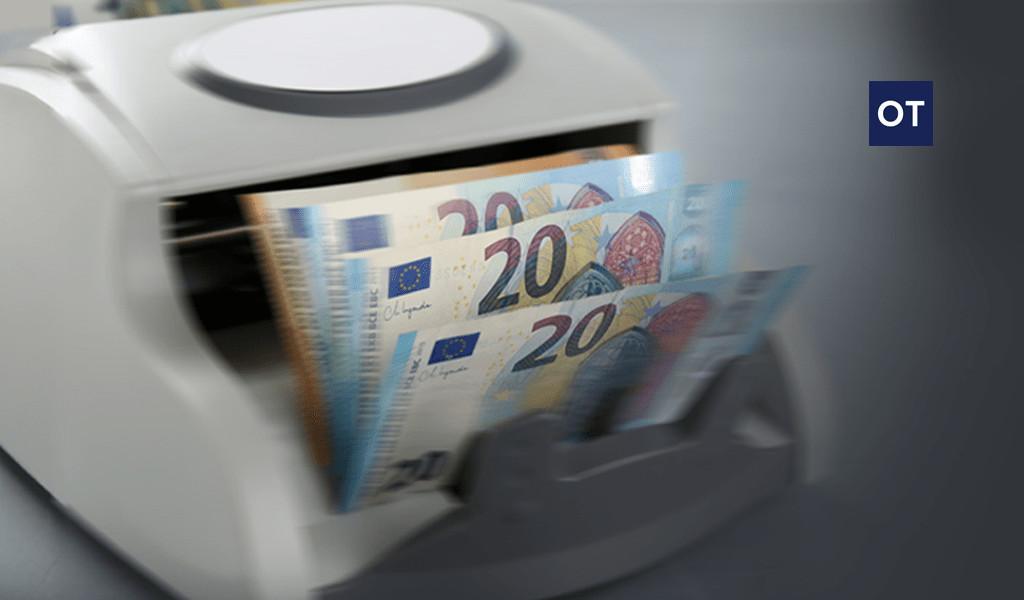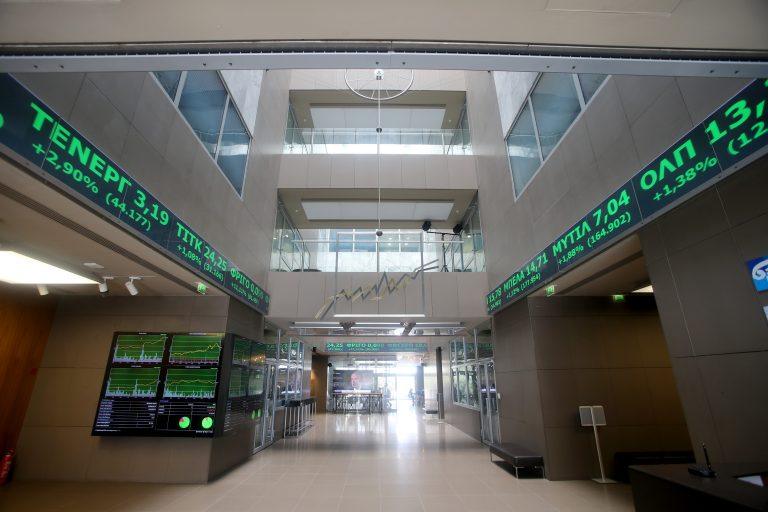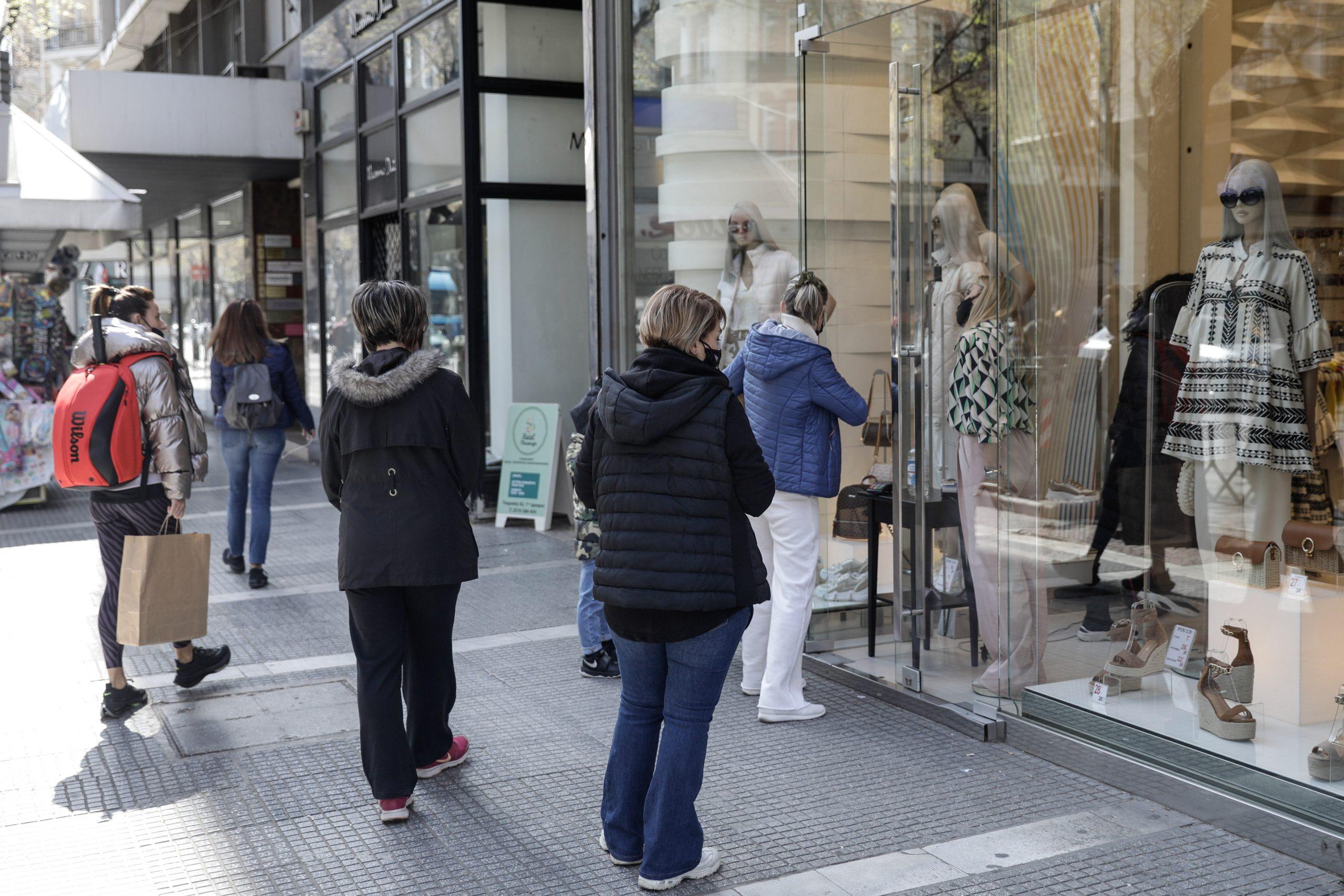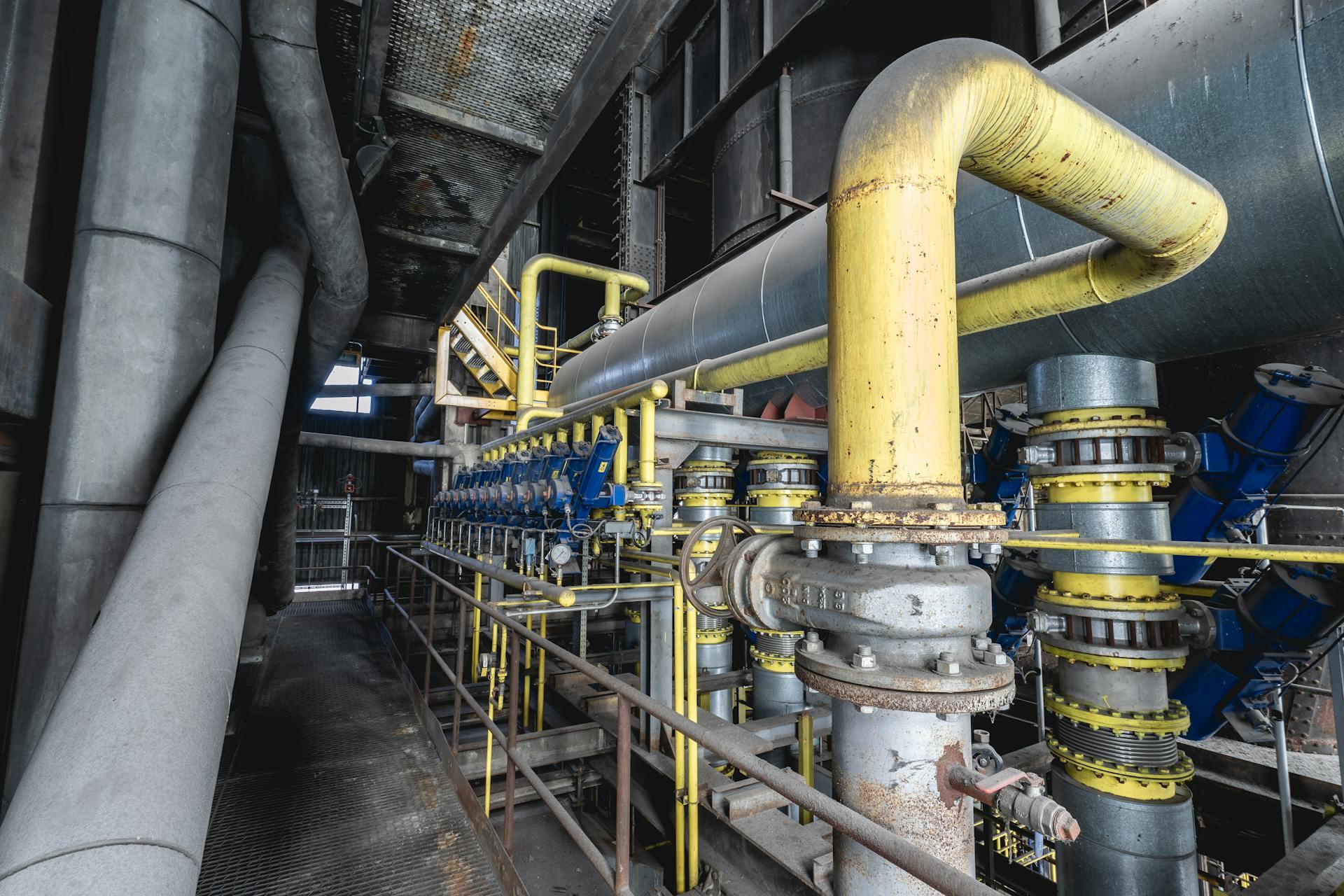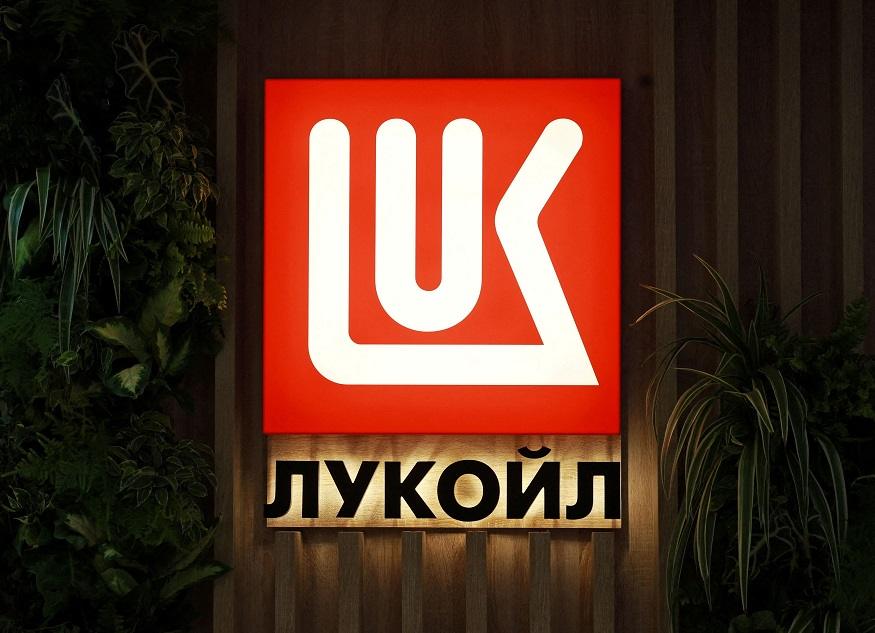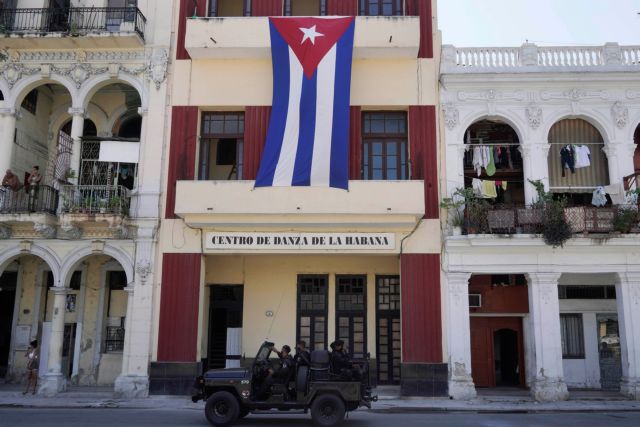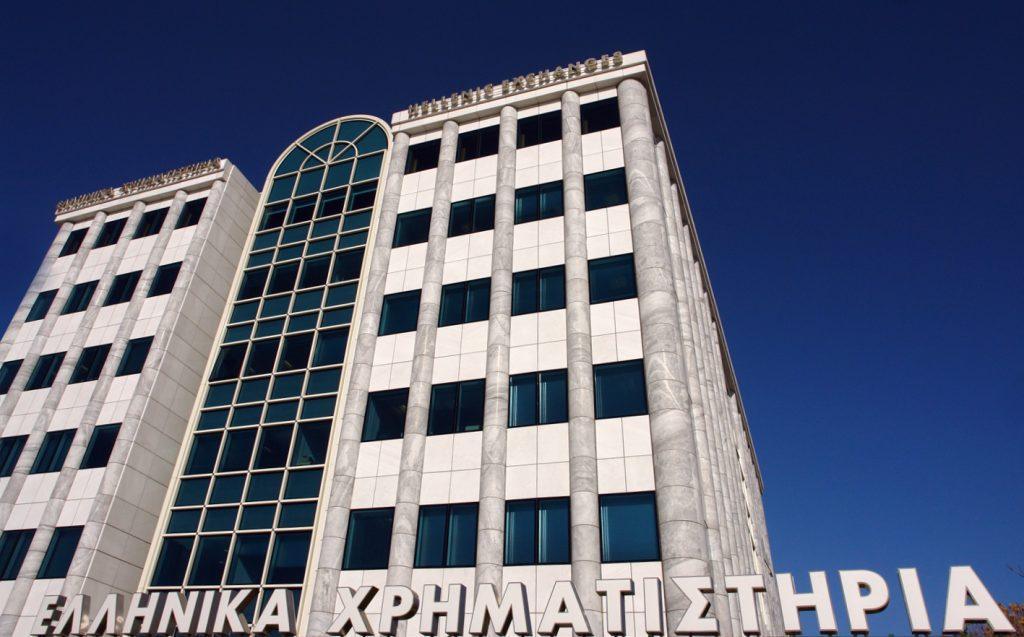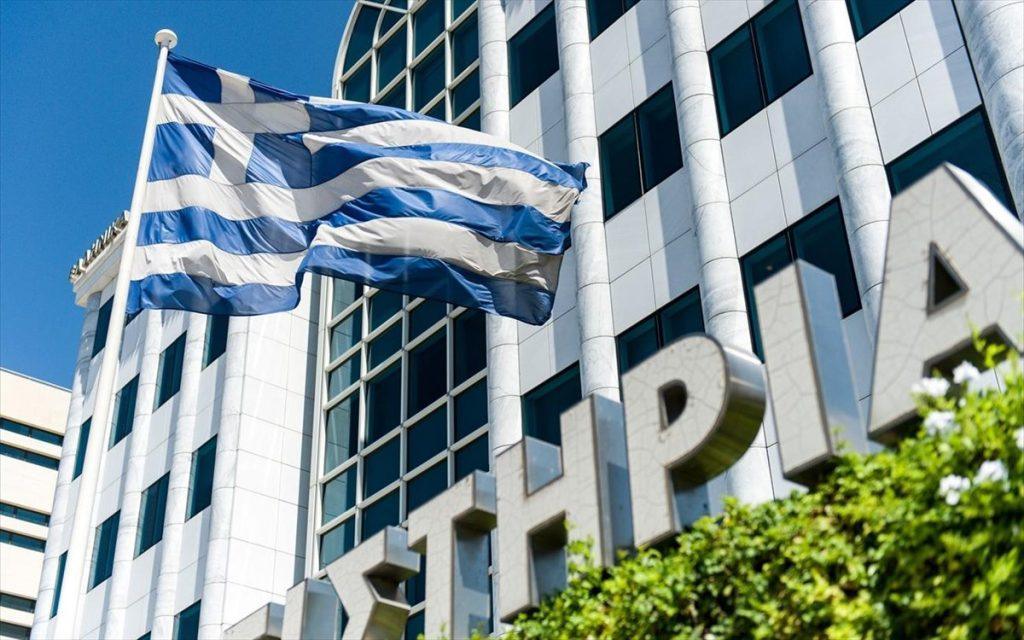With investments of 88 million euros in the last 8 years, producing 1 in 3 yogurts consumed in Greece, exports to 42 countries and a turnover that will reach 200 million euros in 2023, Panagiotis Tsinavos, president and CEO of the Kri-Kri dairy industry can only feel proud of the evolution of the small pastry shop from Serrees.
For his achievement in transforming a small family business into a modern and dynamically growing dairy industry of global scope, which manages to double its turnover and profitability almost every 5 years, Mr. Tsinavos was honored yesterday as Manager of the Year 2022.
The listed dairy industry is constantly increasing its share of branded yogurt products (from 12% in 2016 to 17.1% this year), while producing over 95% of private label yogurts in Greece.
At the same time, in the ice cream sector, it is constantly expanding its “footprint” on the domestic market (in volumes from 14.6% in 2020 to 15.4% in this year’s eight months, second place in Greece), while exports are also constantly increasing.
For the new year, the target has been set even higher, with management predicting a total turnover of more than 200 million euros, while for the current fiscal year that is coming to an end, it is predicted that total sales will close in the region of 165 million euros.
How Harry Truman boosted the snall-town patisserie
Back when Harry Truman was president, a Cretan arrived by military plane to the US just to present the President with a young agrimi (Cretan wildgoat-Capra hircus cretica). The press had a field day and the news travelled as far at least as Serres where a young confectioner, Giorgos Tsinavos, was impressed with the name Harry Truman gave the proud animal: Kri-Kri.
Truman created this name out of the blue (from the first syllable of the word Crete), probably to glorify the act of the donor, however George Tsinavos saw in this a way to make his ice cream known.
In the early 1950s, in post-war Serres, ice creams under the Bill-Bol brand, as well as their competitors Trik-Trak, made a splash. So Tsinavos thought that if he called his ice cream “Kri-Kri”, he might have better luck than before when it was nameless. For the record, let’s mention that his so-called cassato was a “special” ice cream, based on sheep’s milk with a very rich taste.
From practice it is proven that the thought of the omdustrious Epirot, raised in Serres, turned out to be very correct, but as his son Panagiotis Tsinavos says today, the inventive name was went along with a very good product.

The truth is of course that what Kri-Kri represents today did not happen overnight. It took a lot of work and a lot of luck.
In 1963, at the age of only 33, the founder of Kri Kri passed away and the management was taken over by his wife Anastasia and his brother Spyros Tsinavos, who successfully continued his work.
In 1971, some seventeen years after the establishment, a big step forward was made with the installation of the first automatic ice cream line.
The second generation
A decade later, in 1983, Panagiotis Tsinavos, son of the founder, after his studies, actively entered the company.
Without fanfare, since 1987 when Panagiotis Tsinavos took over the company’s sales, he has tirelessly toured Greece, creating the infrastructure for a decent network outside of Serres and neighboring Xanthi.
Having already researched the topic of ice cream in depth when he did his master’s degree in milk technology at Lodi in Milan, he improved production, modernized the unit, while in 1991 Kri-Kri Dairy Industry was one of the first Greek companies to start operating in market of North Macedonia, then called the former Yugoslav Republic of Macedonia.
In the meantime, he had started the production of traditional sheep and cow yogurt from fresh milk produced in the prefecture of Serres.
Premiere in Athens
For a year and a half in the period 1993-1994, Panagiotis Tsinavos was in Athens every weekend, attending together with 10 other entrepreneurs from northern Greece a seminar of ELKEPA, the former Hellenic Productivity Center (abolished in 1998).
In addition to what he learned with all this coming and going, he made sure to cultivate the ground so that in 1996 the Athenians saw the first yellow refrigerators with the inscription “Kri-Kri”.
With careful steps and implementing a rather heavy investment program, 4 years later the residents of the Greek capital, in addition to Serres ice cream, began to eat Serres yogurt in family-friendly packaging.
Being essentially a smaller version of his competitors, he realized that it was better to be big fish in a small pond rather than the opposite (to put it politely).
Thus, he was not tempted to launch milk nationwide, but to produce it only for the prefecture of Serres, where in any case the dominance of KRI-KRI is indisputable.
He also knows that the profit margins in milk compared to their counterparts in yogurt and ice cream are very thin, which justifies him today since even the big dairies, which have fresh milk nationwide, readjust distribution by “cutting” distant areas due to return costs.
The exchange listing and investments
A year later, in 2003, it was the Stock Exchange’s turn and the company entered the Parallel Market. With the funds it drew from its introduction, amounting to 6 million euros, it proceeded to invest in the creation of a new state-of-the-art factory for the production of European-style yogurt, drastically strengthening its position in the market.
Methodically and efficiently, KRI-KRI managed to take a respectable portion of the ice cream and yogurt markets from industry behemoths. Thus, Panagiotis Tsinavos began to plan the next steps.
The strengthening of its product range and the expansion of its network, both at home and abroad, were the two new bets.
In the decade of the 2000s, the company showed a vertical growth and increase in size, while it is characteristic that its turnover from the levels of 9.1 million euros in 2000 reached 134.6 million euros in 2021, with this year’s performance being estimated at close to 165 million euros.
During these two decades, the company launched its sales abroad (50% of turnover comes from outside Greece with exports to 42 countries), strengthened its share in the domestic market (it holds the 1st place in yogurt production volume) , while taking care beyond branded products to develop generic ones (it is the largest producer for the domestic market of private label yogurts), thus protecting its turnover in these difficult times.
As far as the Greek ice cream market is concerned, Kri Kri is in second place, being the only Greek ice cream company with pan-Hellenic distribution. The network of 20,000 points of sale, in the traditional market, mainly contributes to this.
It is noted that in the period 2014-2022, the Serrai dairy industry with 500 employees today made investments of 88 million euros.

Everything almost burned
All this hard work of so many years almost came to a violent end on Christmas Eve 2013, when a big fire completely destroyed the yogurt factory, the flagship of the dairy industry.
Neither Panagiotis Tsinavos, nor the hundreds of workers bowed before the loss. They rolled up their sleeves and within 7 months, in mid-August 2014, the first yogurt production line of the new factory, one of the most modern yogurt factories in Europe, was put into operation.
Biogas, photovoltaics and in the background the ESG index
Kri Kri, which aims to be included in the ATHEX ESG index, also invests in sustainable development and the circular economy.
In this context, he created the Biogas Unit for the Production of a Renewable Energy Source exclusively from the liquid waste and by-products of the industry, an investment of 6 million euros.
It is worth mentioning that this particular investment was made entirely with equity capital and is practical proof that Kri Kri is transforming its production model based on ESG standards.
At the same time, the integrated 1 MW photovoltaic system has been put into operation on the roofs of the company’s production facilities, an investment of 600,000 euros.
The implemented biogas unit and the photovoltaic park cover 25% of the company’s needs with “green” energy.
